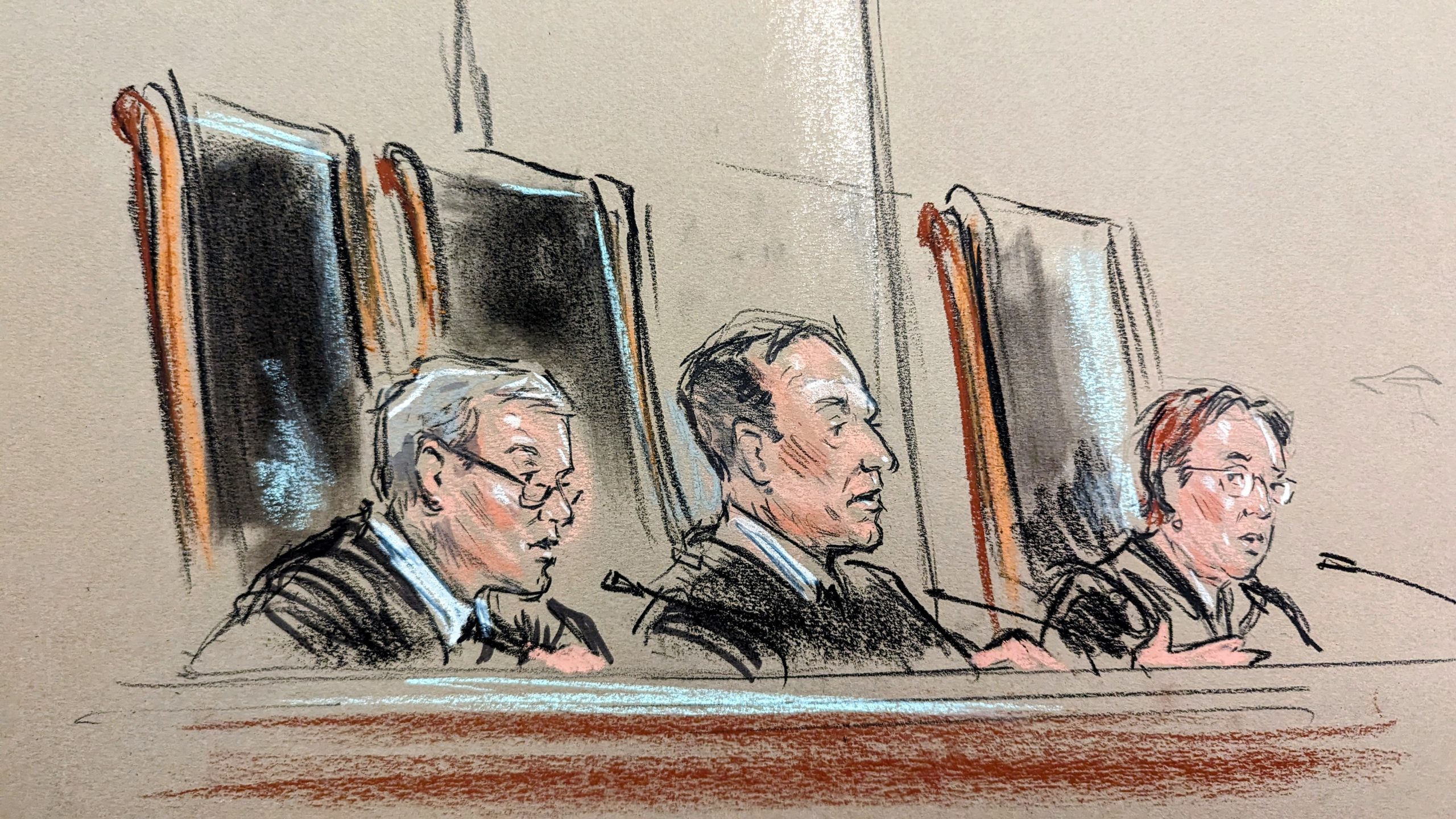Can Bankruptcy Stop a Utility Disconnection
Utility bills, such as gas, electricity, and water, are essential for daily life. However, financial difficulties can make it hard to keep up with payments, and you may be at risk of having your utilities disconnected. In some cases, bankruptcy may offer a solution. Here’s what you need to know about bankruptcy and utility disconnections.
Bankruptcy can provide a temporary solution to prevent utility disconnection. When you file for bankruptcy, an automatic stay is put in place, which stops most collection activities, including utility disconnections. This means that if your utility company has given you a disconnection notice, the automatic stay may provide you with some time to catch up on your payments.
While the automatic stay can provide temporary relief, there are some exceptions to what it can stop. For example, the automatic stay does not stop a government unit from discontinuing services that are not paid for, such as water or sewage service.
Chapter 13 bankruptcy can be particularly helpful in stopping utility disconnections. In Chapter 13, you make payments towards your debts over a three to five-year period, often at a lower interest rate than before. This can help you catch up on your utility bills and prevent disconnection. Additionally, Chapter 13 bankruptcy allows you to include your past-due utility bill payments in your repayment plan. This can help you get caught up on your bills and avoid disconnection. During the Chapter 13 bankruptcy repayment plan period you must keep up with your current utility bills.
In Chapter 7 bankruptcy, most types of unsecured, nonpriority debt will be discharged (wiped out) through the bankruptcy. Utility bills are lumped into this type of debt, along with credit cards and medical debt. At the end of your Chapter 7 case, your outstanding utility debt will be discharged. You will still be responsible for paying your utility bills after bankruptcy. After bankruptcy, you must continue to make your regular utility payments. The bankruptcy does nothing to discharge current or future payments. If you fail to pay your utility bills, they will eventually be shut off.
Bankruptcy and utility disconnections can be complex legal processes. It’s important to seek the advice of a qualified bankruptcy attorney who can explain the legal process and your rights and obligations. An experienced bankruptcy attorney can also help you determine the best course of action for your unique financial and legal situation. If you’re facing utility disconnection or other legal issues related to your utility bills, an attorney can help you develop a plan to avoid disconnection and get back on track with your finances.
Bankruptcy can provide temporary relief from utility disconnection through the automatic stay and Chapter 13 bankruptcy repayment plans. It’s important to seek the advice of a qualified Birmingham bankruptcy attorney to understand your legal rights and options and develop a plan to address your utility bills to avoid disconnection.
Attorney Steven A. Harris regularly blogs in the areas of family law, bankruptcy, probate, and real estate closings on this website. Mr. Harris tries to provide informative information to the public in easily digestible formats. Hopefully you enjoyed this article and feel free to supply feedback. We appreciate our readers & love to hear from you!
Sharing is caring:







